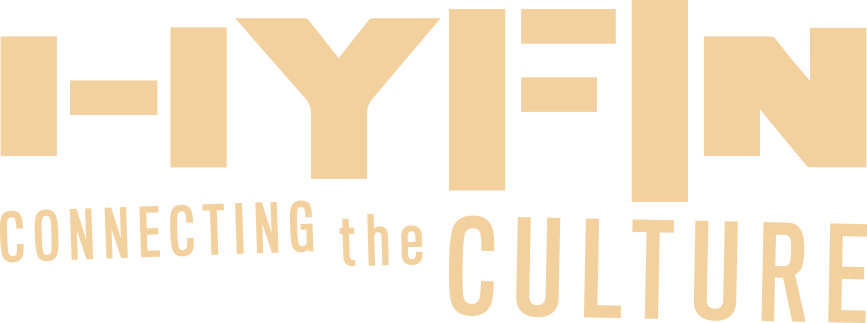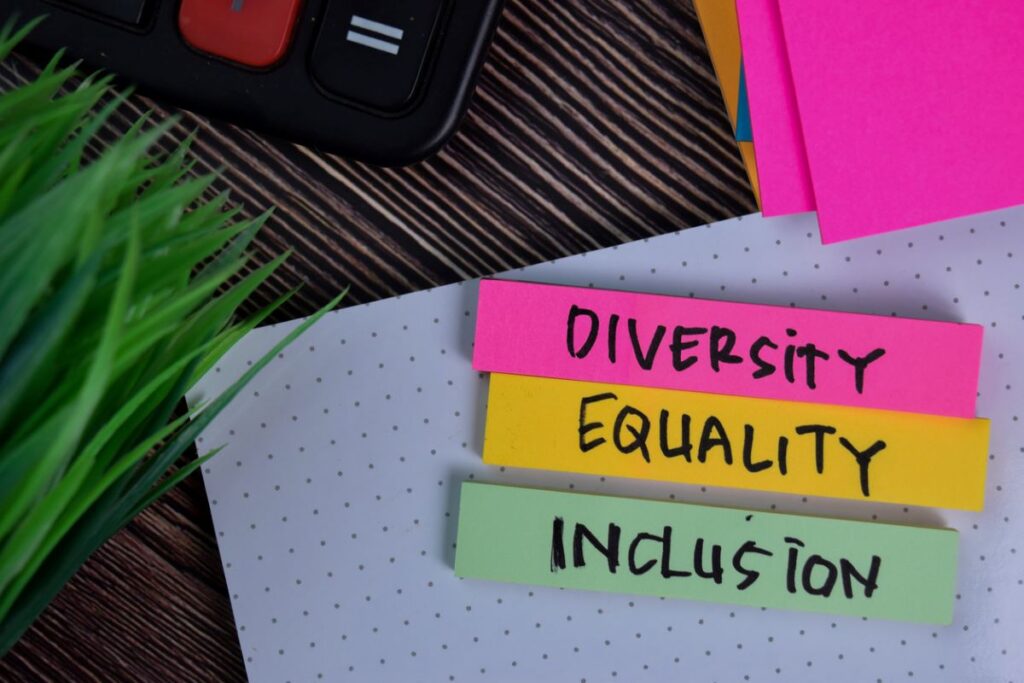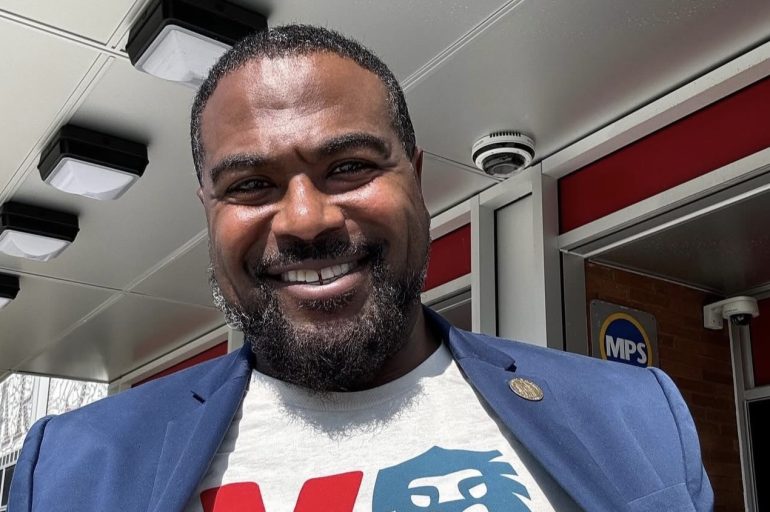According to a recent report by the Associated Press, a conservative movement aimed at limiting diversity, equity, and inclusion (DEI) initiatives is gaining traction in state legislatures and college governing boards across the United States. Approximately one-third of the states are now taking action to restrict DEI efforts, sparking a heated debate about the role of these programs in education and the workplace.
Recent Developments in State Legislatures
In recent weeks, several states have passed legislation targeting DEI initiatives:
- Tennessee: The Republican governor signed a bill prohibiting banks and financial institutions from considering a customer’s participation in DEI training or social justice programming.
- Kansas: The Democratic governor allowed a bill to become law without her signature, banning the use of DEI statements in decisions about student admissions, financial aid, or employment at higher education institutions.
- Iowa: The Republican-led Legislature approved a budget bill that would ban all DEI offices and initiatives in higher education that aren’t necessary for accreditation or federal law compliance.
According to an Associated Press analysis using the legislation-tracking software Plural, lawmakers have proposed approximately 150 bills this year that would restrict or promote DEI efforts. Republican lawmakers in about two dozen states have filed bills to restrict DEI initiatives, while Democrats have sponsored supportive DEI measures in about 20 states.
The Debate Over DEI Initiatives
Proponents of DEI initiatives argue that these programs are essential for promoting diversity, inclusivity, and equal opportunities in education and the workplace. They maintain that addressing historical inequities and discrimination is crucial for creating a more just and equitable society.
On the other hand, conservative groups have raised concerns that DEI initiatives are promoting an agenda that prioritizes racial or gender identity over individual merit. Christopher Rufo, a senior fellow at the Manhattan Institute and an architect of the anti-DEI movement, stated that the ultimate goal is to “abolish DEI in all American institutions.”
Paulette Granberry Russell, president of the National Association of Diversity Officers in Higher Education, expressed concern that the acronym DEI “has now been weaponized” and is “taking us, unfortunately, back to a time that failed to acknowledge the inequities that persist today based on discriminatory practices.”
The Impact on Higher Education and Beyond
The debate over DEI initiatives has significantly impacted higher education institutions across the country. In states like Florida and Texas, where broad-based laws banning DEI efforts in higher education were adopted last year, universities have eliminated more than 100 DEI-related jobs.
Some universities, facing political pressure, have revised their diversity, equity, and inclusion practices. For example, the University of Wisconsin regents agreed to shift at least 43 diversity positions to focus on “student success” and eliminate statements supporting diversity in student applications.
The debate extends beyond higher education, with some states passing legislation that affects K-12 schools and state government agencies. As the conversation continues, it remains to be seen how the landscape of DEI initiatives will evolve and how this will impact education and the workplace in the coming years.
This article was written based on information provided by the Associated Press.








